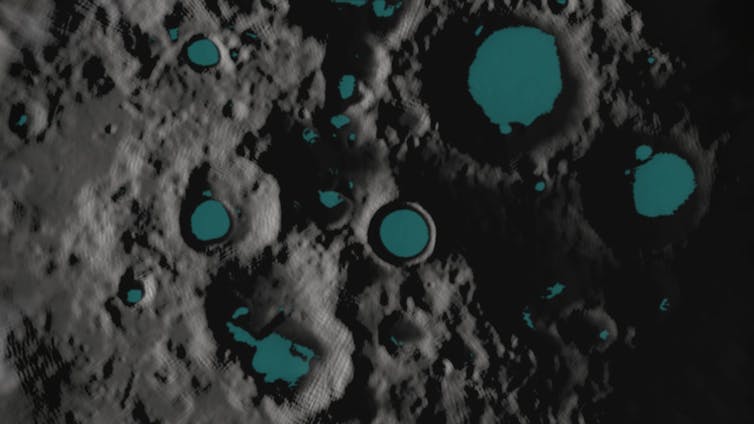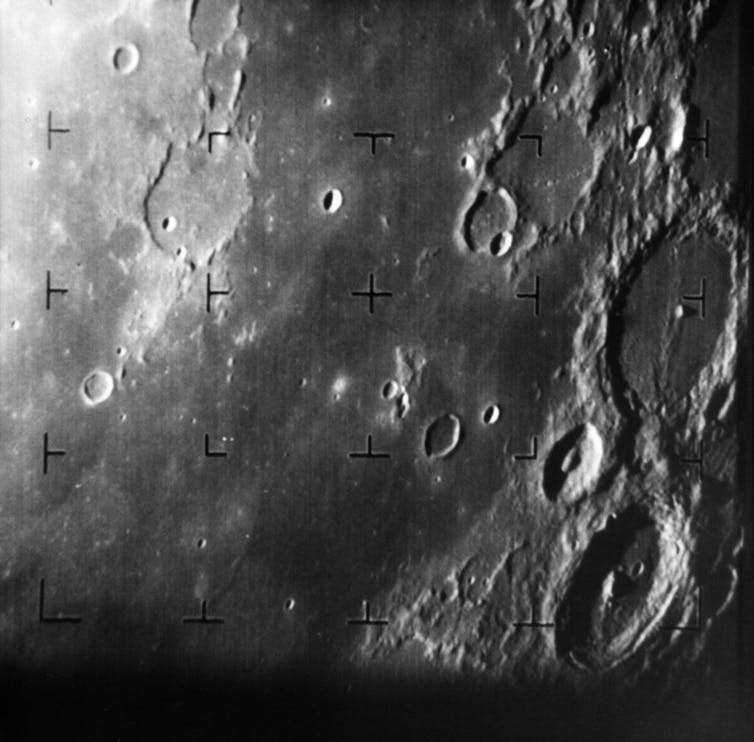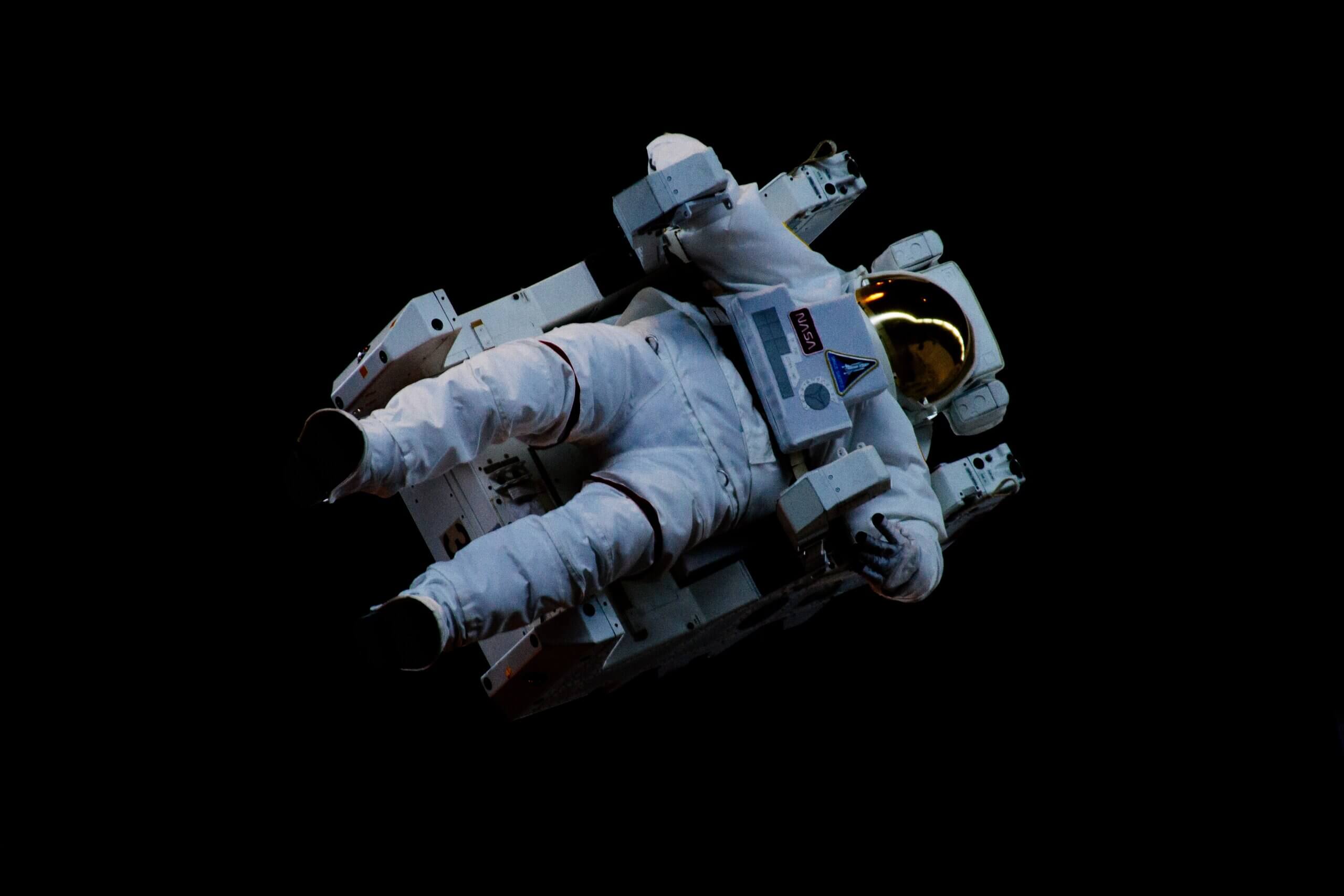Key Takeaway:
In 1963, Encyclopaedia Britannica asked five thinkers about whether man’s conquest of space increased or diminished his stature. The response was that space has become a part of everyday life, with satellites landing on planets, moons, comets, and asteroids. The 1967 Outer Space Treaty states that space is the province of all humanity, but in reality, it is dominated by a few wealthy nations and individuals. Philosophers Hannah Arendt, Aldous Huxley, Paul Tillich, Harrison Brown, and Herbert J. Muller have some illuminating insights into the state of space today. Arendt argued that humans have come to their present capacity to “conquer space” through our new ability to handle nature from a point in the universe outside the Earth. The new geocentrism may be exacerbated by environmental problems from the rapid growth of satellite megaconstellations. As nations compete to exploit lunar and asteroid mineral resources, the question remains: is space travel enhancing what we value about humanity?
In 1963, six years after the first satellite was launched, editors from the Encyclopaedia Britannica posed a question to five eminent thinkers of the day: “Has man’s conquest of space increased or diminished his stature?” The respondents were philosopher Hannah Arendt, writer Aldous Huxley, theologian Paul Tillich, nuclear scientist Harrison Brown and historian Herbert J. Muller.
Sixty years later, as the rush to space accelerates, what can we learn from these 20th-century luminaries writing at the dawn of the space age?
The state of space 60 years on
Much has happened since. Spacecraft have landed on planets, moons, comets and asteroids across the Solar System. The two Voyager deep space probes, launched in 1977, are in interstellar space.
A handful of people are living in two Earth-orbiting space stations. Humans are getting ready to return to the Moon after more than 50 years, this time to establish a permanent base and mine the deep ice lakes at the south pole.

There were only 57 satellites in Earth orbit in 1963. Now there are around 10,000, with tens of thousands more planned.
Satellite services are part of everyday life. Weather prediction, farming, transport, banking, disaster management, and much more, all rely on satellite data.
Despite these tremendous changes, Arendt, Huxley and Tillich, in particular, have some illuminating insights.
A brave new world
Huxley is famous for his 1932 dystopian science fiction novel Brave New World, and his experimental use of psychedelic drugs.
In his essay, he questioned who this “man” who had conquered space was, noting it was not humans as a species but Western urban-industrial society that had sent emissaries into space.
This has not changed. The 1967 Outer Space Treaty says space is the province of all humanity, but in reality it’s dominated by a few wealthy nations and individuals.
Huxley said the notion of “stature” assumed humans had a special and different status to other living beings. Given the immensity of space, talking of conquest was, in his opinion, “a trifle silly”.
Tillich was a theologian who fled Nazi Germany before the second world war. In his essay he wrote about how seeing Earth from outside allowed us to “demythologise” our planet.
In contrast to the much-discussed “overview effect” which inspires astronauts with a feeling of almost mystical awe, Tillich argued that the view from space made Earth a “large material body to be looked at and considered as totally calculable”.

When spacecraft began imaging the lunar surface in the 1960s, the process of calculation started for the Moon. Now, its minerals are being evaluated as commodities for human use.
Have humans changed, or is it how we view Earth?

Like Tillich, Arendt left Germany under the shadow of Nazism in 1933. She’s best remembered for her studies of totalitarian states and for coining the term “the banality of evil”.
Her essay explored the relationship between science and the human senses. It’s a dense and complex piece; almost every time I read it, I come away with something different.
In the early 20th century, Einstein’s theory of special relativityand quantum mechanics showed us a reality far beyond the ability of our senses to comprehend. Arendt said it was absurd to think such a cosmos could be “conquered”. Instead, “we have come to our present capacity to ‘conquer space’ through our new ability to handle nature from a point in the universe outside the earth”.
The new geocentrism
The short human lifespan and the impossibility of moving faster than the speed of light mean humans are unlikely to travel beyond the Solar System. There is a limit to our current expansion into space.
When that limit is reached, said Arendt, “the new world view that may conceivably grow out of it is likely to be once more geocentric and anthropomorphic, although not in the old sense of the earth being the center of the universe and of man being the highest being there is”. Humans would turn back to Earth to make meaning of their existence, and cease to dream of the stars.
This new geocentrism may be exacerbated by an environmental problem already emerging from the rapid growth of satellite megaconstellations. The light they reflect is obscuring the view of the night sky, cutting our senses off from the larger cosmos.
The far future
But what if it were technologically possible for humans to expand into the galaxy?
Arendt said assessing humanity from a position outside Earth would reduce the scale of human culture to the point at which humans would become like laboratory rats, studied as statistical patterns. From far enough away, all human culture would appear as nothing more than a “large scale biological process”.
Arendt did not see this as an increase in stature:
The conquest of space and the science that made it possible have come perilously close to this point [of seeing human culture as a biological process]. If they ever should reach it in earnest, the stature of man would not simply be lowered by all standards we know of, but have been destroyed.
Sixty years on, nations are competing to exploit lunar and asteroid mineral resources. Private corporations and space billionaires are increasingly being touted as the way forward. After the Moon, Mars is the next world in line for “conquest”. The contemporary movement known as longtermism promotes living on other planets as insurance against existential risk, in a far future where humans (or some form of them) spread to fill the galaxies.
But the question remains. Is space travel enhancing what we value about humanity? Arendt and her fellow essayists were not convinced. For me, the answer will depend on what values we choose to prioritise in this new era of interplanetary expansion.





























